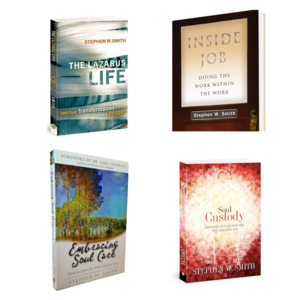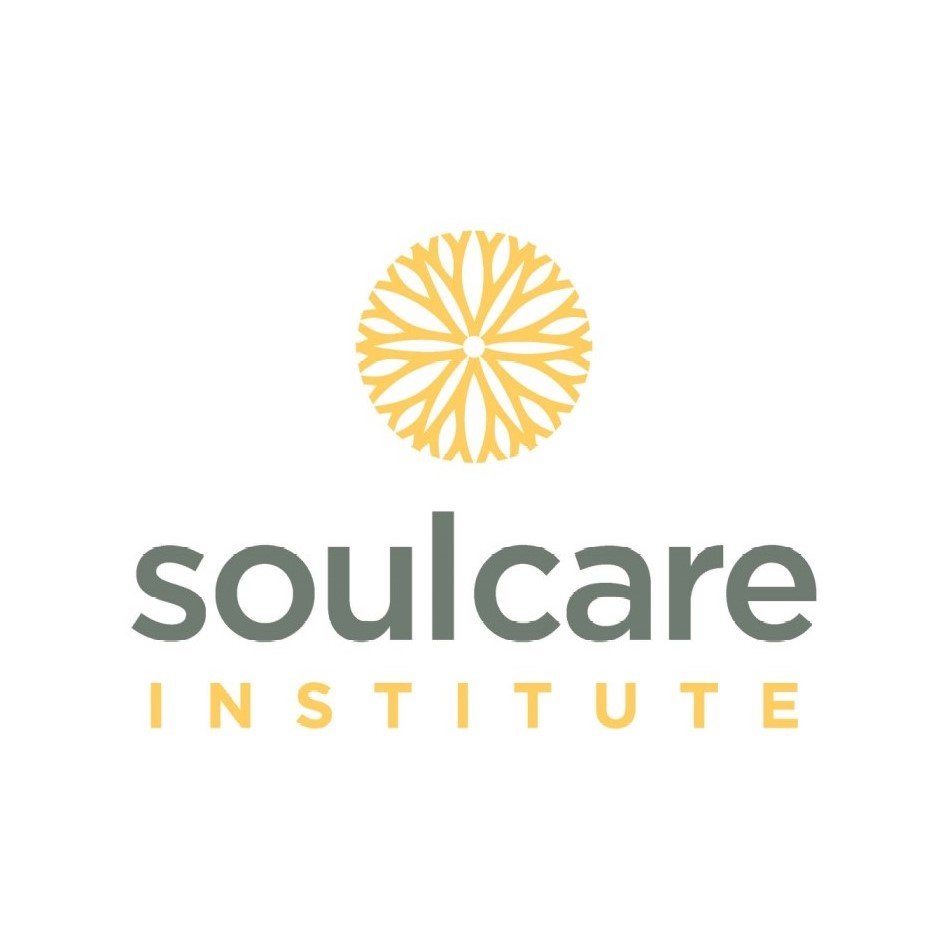“But Mary treasured up all these things and pondered them in her heart.” Luke 2: 19
In a single verse, we are privy to what Mary actually did—after she was told that she was going to have a baby and that her baby would have a sacred role in God’s plan for humanity.
We see in Mary’s response an action that is beautiful, humble and meaningful. She doesn’t rush around telling her closest friends what has happened. She doesn’t make a plan. She doesn’t fret, worry or let her nerves get the best of her.
Mary’s heart reveals two needed postures in today’s frenzied world with 24/7 news in the ever-ready, always on world we live in today. Mary “treasures” the information she has been given. Then, Mary “ponders” it.
To treasure and ponder both the seen and unseen things of our lives grounds us. By treasuring and pondering truth, we develop and grow a contemplative soul—a soul that ponders the invisible; a soul that responds rather than reacts and a soul that is anchored in a bigger picture of life than just the urgent, pressing and hurry.
There are five components needed to grow a contemplative soul. These five components have been the foundation for Gwen and me in our life in our sabbatical and post-sabbatical.
We need silence. In today’s world of outer noise and inner confusion, silence helps us find our heart. It’s only 18” between our head and our heart but that journey is said to be one of the longest journeys in the world. Silence helps us de-clutter our minds; center our hearts and work through the mental congestion where it seems there is always a sort of committee meeting happening in our minds. Silence is necessary to grow a pondering heart. Without silence, we are told that it is virtually impossible to live a spiritual life.
Every day, seek to spend 10-20 minutes in silence. Start with 10 and grow your time to be more like 20. Most spiritual masters encourage us to spend 20 minutes in quiet---learning to treasure the Presence of God in our midst. What’s unimportant in our lives grows smaller while what is really important becomes larger and Great. By far, the very best book I've read on silence this past year is Martin Laird's "Into the Silent Land: A Guide to the Christian Practice of Contemplation."
We need Solitude. Solitude is not just being alone. It is understanding the movement of beginning alone and entering the realization that you are not alone—really. You are in God’s presence. As Mary spent time “pondering” her aloneness was transformed in hearing again and again what the Angel actually told her. She relished in that experience. We can relish in ours. When we learn how to “do” solitude, we are entering a movement on which all spiritual mothers and fathers would agree: Without solitude, we cannot find our heart or True self. Solitude grounds us from the applause of people, the scaffolding of position and power and helps us leave the tyranny of the urgent to connect with the Ground of our Being. I'd highly recommend, Henri Nouwan's The Way of the Heart to help you grasp the classic understanding of solitude.
We pray. I’ve found that prayer is the great stumbling block for most people who follow Jesus. We either don’t pray at all or our prayers are more quick rescue pleas from some situation we are hoping to avoid. Prayer is conversation. It is dialogue not monologue. It is a two way, reciprocal conversation where we speak and God speaks. The Ancients said, “God’s first language is silence” and if all we hear is silence from God in our prayers then we posture ourselves to experience a sort of Grand Silence—a quiet that assuages our aches and fears. The silence brings us to Presence. As we “ponder” and “treasure” we articulate what is stirring. We give words to the wordless feelings we experience. We connect. We sit in our connection. The book that rocked my world this past year on prayer is Cynthia Bourgeault's Inner Awakening.
We become slow. There is an art of slowing that our culture is missing today where everything is fast and instant. The cult of speed causes us to move so fast that we speed by Heaven in our midst. No one who lives with “hurry” as a mantra has time to “ponder” and “treasure” and thus, we miss the richness of a feeding that can be ours. Walk slowly. Move slowly. Be attentive to your taste buds rather than scarfing down our food where there is barely time to taste or “taste and see that the Lord is good.” For more on slowing please read: The Jesus Life by Stephen W. Smith. There are chapters describing the way of the table and the rhythm of life that helps one foster a contemplative heart.
We experience consolation. A person who nourishes a heart to “ponder” and “treasure” is a person who learns where the source of consolation really is and how consolation works in the soul of a person. Ignatius of Loyola said that if a person spent time every day to notice how they were consoled by the love and grace of God every single day for three months, they would never, ever be the same again. This is the practice of examining your day---and tracing back through the seen and unseen events of your day and noticing how God was seeking to console you—the way a mother would console a fretting child. Does he do it through beauty? Does God do it through a conversation or something you notice? And the opposite is also true: how did you experience the desolation of God’s seeming absence? Where did it seem that you were totally on your own with God no where in sight? Jim Manny's book is a classic on this!
As we enter these days of Christmas an in anticipation of the New Year--- Mary can become a teacher for us—a mentor we need to become less busy and deeper in our hearts!




